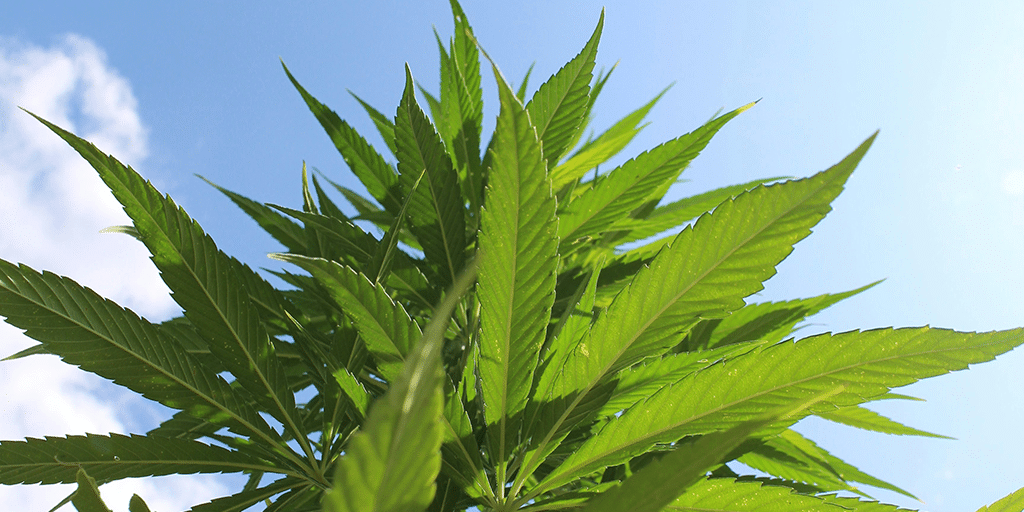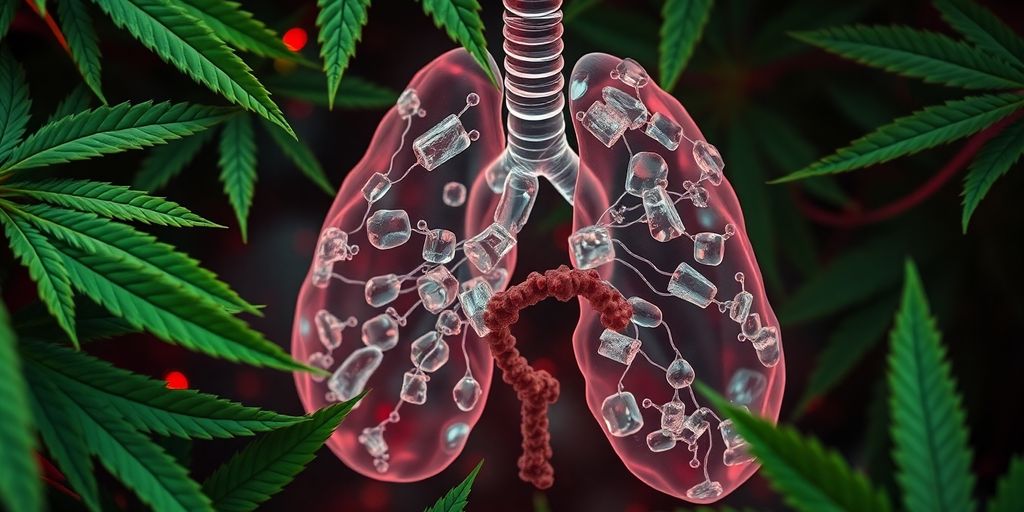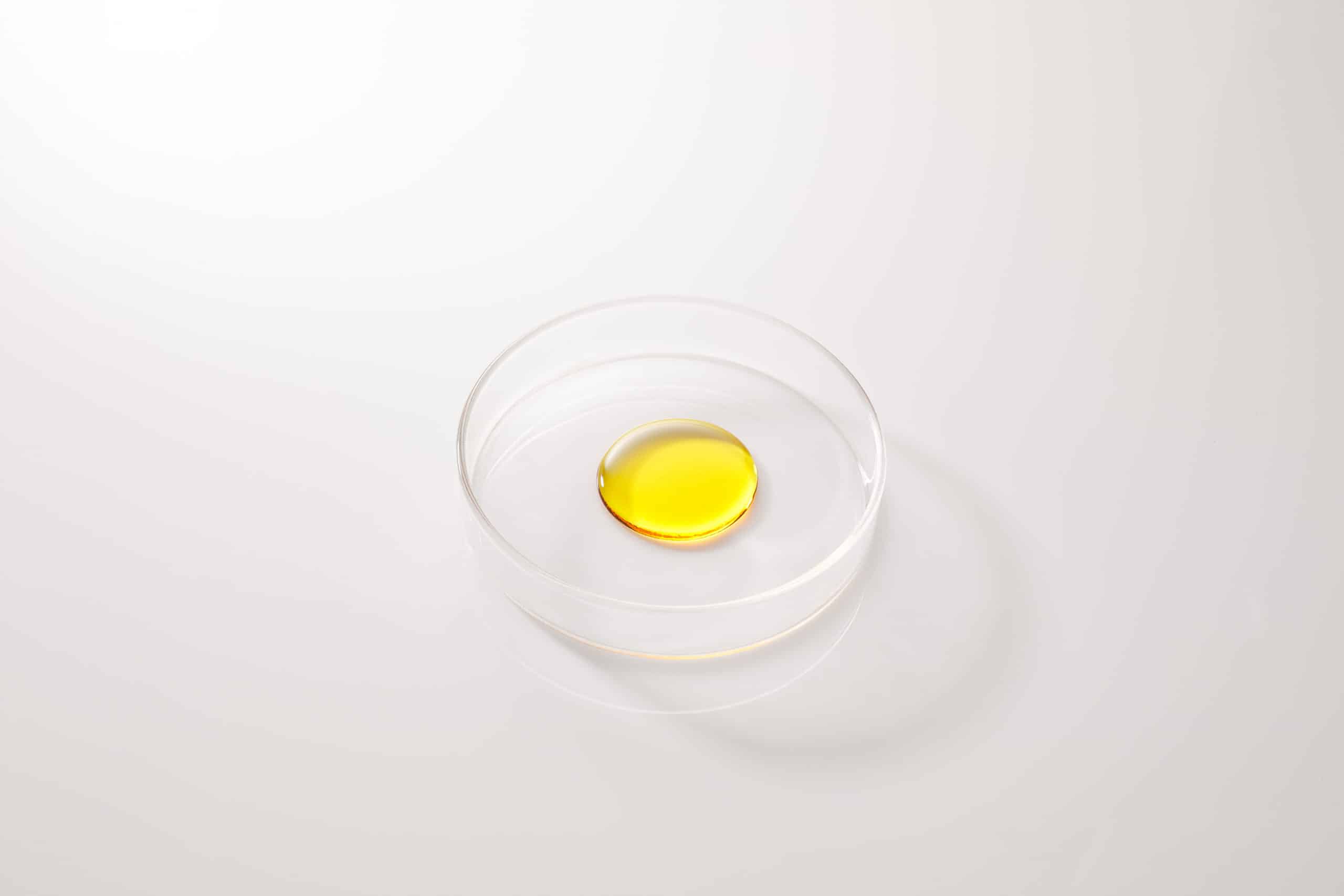So, you’re diving into the world of cannabinoids in 2025. It’s a bit like trying to find a needle in a haystack; only the haystack is full of regulations, trends, and a whole bunch of suppliers claiming they’re the best. The cannabinoid market’s been on a roller coaster, and it’s not slowing down anytime soon. From new products popping up to laws changing left and right, it’s a wild ride. If you’re looking to find a high-quality cannabinoid supplier, you’ve got to know the ropes. Let’s break it down.
Key Takeaways
– Understand the latest trends in cannabinoid use and who’s leading the market.
– Check if suppliers have the right certifications and follow the rules.
– Look into how products are made and what people say about the supplier.
– Understand the different cannabinoid products out there and what’s new.
– Keep an eye on the legal stuff, both local and international.
Understanding the Cannabinoid Market Landscape
Current Trends in Cannabinoid Consumption
People are embracing cannabinoids these days. Users are shifting from smoking to edibles and infused drinks. Especially women, who are making most of the buying decisions. They’re looking for wellness products, and brands are catching on, changing their marketing to connect better with this crowd. High-quality products are all the rage now. No more cheap stuff—people want the good stuff backed by quality reports and a well-trusted brand.
Key Players in the Industry
The big players in the space are making moves. They’re buying up smaller companies left and right. A cannabis land grab, if you will. Companies with strong track records are getting the cash to expand. They’re jumping into new states and markets, ensuring they stay on top. It’s all about who can grow the fastest and smartest.
Market Growth Projections
Looking ahead, the cannabinoid market is set to explode. Global sales are expected to hit $200 billion by 2032. And it’s not just about CBD anymore. Other cannabinoids like CBG and CBN are gaining traction, promising a bright future. But it’s not just about the numbers. It’s about staying ahead of the trends and understanding what consumers really want.
The market’s changing fast, and those who adapt will thrive. It’s a bit of a wild ride, but the opportunities are endless. Keep your eyes open and be ready to pivot when needed.
Evaluating Supplier Quality and Reliability

Importance of Certifications and Compliance
When you’re picking a cannabinoid supplier, certifications are like a badge of honor. They show that a company plays by the rules and meets industry standards. It’s not just about having a piece of paper; it’s about proving they can deliver safe, high-quality products. Look for suppliers with certifications like GMP (Good Manufacturing Practices) or ISO. These are not just fancy acronyms; they mean the supplier has been checked out and approved by the right people.
Assessing Production Processes
Production processes can make or break the quality of cannabinoids. Some companies might cut corners to save money, which can lead to contaminated products. A good supplier will have a clear process and won’t hide how they make their stuff. If a supplier is open about their methods, that’s a good sign they’re trustworthy.
Supplier Reputation and Customer Feedback
Reputation is everything. If other businesses say a supplier is reliable, that’s worth its weight in gold. Check out reviews and ask around. A supplier with a solid track record will have plenty of happy customers willing to give their stamp of approval. Look for detailed feedback about consistency, quality, and how they handle problems. If they’ve got a good reputation, they’re more likely to be a safe bet for your cannabinoid needs.
Choosing the right supplier isn’t just about the product. It’s about finding a partner you can trust to keep your business running smoothly. A good supplier will work with you, not just for you.
Remember, in the world of cannabinoids, playing it safe with a reputable supplier like GVB Biopharma can save you a lot of headaches down the road. We’re known for our enhanced oversight in the industry, which ensures compliance and effectively addresses issues.
Exploring Different Cannabinoid Products
Let’s dive into the world of cannabinoid products. First up, you’ve got your standard extracts and isolates. These are the building blocks of most cannabinoid products. CBD, CBG, and CBN are the stars here. They come in different forms like oils, powders, and crystals. If you’re looking for the best CBD producer, make sure they’re offering high-quality isolates with third-party potency reports. This is crucial because purity impacts how effective the product will be. Usually, you’ll find these in products like tinctures, topicals, and even edibles.
Now, this is where things get exciting. The cannabinoid market is always evolving, and 2025 is no different. We’re seeing cannabinoid products evolve into things like cannabis-infused drinks and snacks. People are utilizing cannabinoids for microdosing, which is all about taking small, controlled doses for a steady effect. These trends are shaping the future of cannabis products, making them more accessible and tailored to individual needs. So, when you’re on the hunt for the best cannabinoid supplier, look for those who are keeping up with these trends. They should be innovating and offering new products that match consumer demands.
Customization is king in today’s market. Consumers want products that fit their specific needs, whether it’s for relaxation, focus, or sleep. This means the best cannabinoid suppliers are those who offer product customization. Think about it: you can have a tincture with a specific blend of cannabinoids tailored just for you. This kind of innovation is what sets apart the high-quality cannabinoid suppliers from the rest. Plus, it shows they’re listening to what customers actually want, which is always a good sign.
In 2025, cannabis products will be influenced by emerging trends such as the popularity of cannabis-infused beverages, microdosing, and personalized options. These innovations reflect a shift towards more tailored and accessible cannabis experiences for consumers.
So, if you’re looking to partner with a supplier like GVB Biopharma, make sure they’re embracing these trends. It’s all about staying ahead of the curve and offering products that people will love.
Navigating Legal and Regulatory Considerations
Understanding Hemp and Cannabis Laws
Here’s the deal with cannabis laws—it’s like a patchwork quilt. Each state in the U.S. does its own thing, and then there’s the federal government just hovering over it all. The 2018 Farm Bill was a big deal because it made hemp legal nationwide, but it didn’t exactly clear up everything. States can still have their own rules, which means what flies in one place might not in another. It can feel a bit daunting, but once you dive into it, it’s not all that confusing.
International Trade and Export Regulations
Thinking about going international with your cannabinoid business? Every country has its own rules about cannabis. Some places are more relaxed, while others are very strict. If you’re planning to export, you’ll need to know not just the laws where you’re sending the product, but also where you’re shipping from. And remember, just because something’s legal in the U.S. doesn’t mean it’ll pass muster abroad.
Ensuring Compliance with Local Regulations
Now, let’s talk local. Even if you’re all set with federal rules, local regulations can throw you a curveball. Zoning laws, business licenses, and health regulations can vary a lot. It’s like playing a game of “spot the difference,” but with legal papers. Keeping up with these can be a full-time job, but it’s crucial if you want to avoid any nasty surprises.
Staying on top of local regulations isn’t just about following the law—it’s about keeping your business running smoothly and avoiding any unexpected shutdowns.
When you’re dealing with cannabis businesses, it’s essential to keep your finger on the pulse of both current and upcoming legal changes. It might sound like a hassle, but knowing the lay of the land can save you a ton of headaches down the road. Plus, it shows your customers that you’re legitimate and trustworthy, which is always a good look.
Building Strong Supplier Relationships
Forming a solid relationship with your cannabinoid supplier is like building a sturdy bridge. It takes time, effort, and a bit of know-how. The better the relationship, the smoother your supply chain will be. Here’s how you can make sure you’re on the right track.
Effective Communication and Negotiation
Communication is everything. You’ve got to keep the lines open and clear. Here’s what you can do:
– Be Transparent: Share your needs and expectations clearly. Don’t leave room for misunderstandings.
– Listen Actively: It’s not just about talking. Pay attention to what your supplier says. They might have insights you hadn’t considered.
– Negotiate Fairly: Aim for a win-win situation. You want a good deal, but so do they. Fair negotiations build trust.
Long-term Partnership Strategies
Think of your supplier like a partner, not just a vendor. Here’s how to make it last:
– Regular Check-ins: Don’t just call when there’s a problem. Regular updates help keep the relationship strong.
– Shared Goals: Align on what success looks like. If you both aim for the same target, it’s easier to work together.
– Adaptability: Be ready to adjust as needed. Markets change, and flexibility can keep the partnership healthy.
Handling Disputes and Challenges
Even the best relationships hit bumps. Here’s how to handle them:
– Stay Calm: Emotions can run high, but keeping a cool head helps find solutions.
– Focus on Solutions: Rather than dwelling on what went wrong, focus on how you can fix it.
– Learn and Improve: Use challenges as learning opportunities. What can you do better next time?
Building a strong relationship with your supplier isn’t just about avoiding problems. It’s about creating a partnership where both sides thrive. When you invest in this relationship, you get more than just products; you get a team working towards shared success.
By focusing on building strong supplier relationships, you’re setting your business up for a smoother ride in the cannabinoid market. This is key to launching and expanding a successful hemp business. Remember, a good supplier relationship can be the backbone of your success.
Leveraging Technology and Innovation
In today’s fast-paced world, technology is changing the game for cannabinoid suppliers. It’s no longer just about growing plants; it’s about using technology to make everything run smoother and better. Let’s explore some key areas where technology is making waves.
Advanced Extraction Techniques
Extraction is where the magic happens. It’s how we get those valuable cannabinoids out of the plant. In 2025, advanced extraction techniques are going to be a big deal. These methods are getting more precise and efficient, which means better quality products for consumers. Suppliers are using everything from CO2 to ethanol extraction and even newer methods that are still being tested. The goal? Get the purest product possible without any unwanted remnants.
Innovations in Product Development
The world of cannabinoids is always changing, with new products hitting the market all the time. From new types of edibles to innovative topicals, the sky’s the limit. Suppliers are experimenting with different formulations and delivery methods to cater to consumer preferences. Whether it’s a new gummy flavor or a topical cream with added benefits, innovation keeps the industry fresh and exciting.
In the end, it’s all about staying ahead of the curve. Embracing technology and innovation isn’t just a trend; it’s a necessity for any supplier looking to thrive in the cannabinoid market.
With these advancements, suppliers like GVB Biopharma are not just keeping up with the times—they’re setting the pace. As the Lunar New Year 2025 approaches, businesses can incorporate these technologies to prepare for potential supply chain disruptions. This not only ensures smooth operation but also enhances overall quality and trust in their products.
Sustainability and Ethical Sourcing
Environmental Impact of Cannabinoid Production
By 2025, the CBD industry is anticipated to embrace environmentally friendly cultivation and production practices, focusing on sustainable farming techniques to meet growing consumer demand for eco-conscious products. This means more companies are looking at how their farming impacts the planet. It’s not just about growing hemp anymore; it’s about doing it in a way that doesn’t harm the earth. Reducing water usage and avoiding harmful pesticides are becoming the norm. More and more, consumers want to know their products are made without trashing the environment.
Ethical Considerations in Sourcing
Ethical sourcing is like the golden rule of buying and selling—treat others how you want to be treated. For cannabinoid suppliers, this means ensuring fair labor practices and supporting local communities. It’s not just about the bottom line; it’s about making sure everyone in the supply chain is treated right. Companies are starting to realize that if they want to stick around, they need to be ethical. This includes paying fair wages and making sure working conditions are safe.
Promoting Sustainable Practices
Promoting sustainable practices is more than just a trend—it’s becoming a way of life in the cannabinoid industry. Suppliers are investing in renewable energy and recycling programs to cut down on waste. They’re also looking at packaging, trying to use materials that are better for the environment. This isn’t just good for the planet; it’s good for business too. Consumers are more likely to support brands that show they care about sustainability. In 2025, if you’re not thinking green, you’re probably getting left behind.
Being sustainable isn’t just a choice anymore; it’s a necessity. The future of the cannabinoid industry depends on how well companies can adapt to these new demands. It’s not just about surviving—it’s about thriving by doing the right thing for the planet and its people.
Wrapping It Up
Finding high-quality cannabinoid suppliers in 2025 isn’t rocket science, but it does take a bit of legwork. Start by doing your homework on the market and know what you’re looking for. Make a list, reach out, and don’t be shy about asking questions. It’s all about finding someone who ticks all the boxes for quality, reliability, and transparency. Remember, the right supplier can make or break your business, so choose wisely. And hey, with the industry growing like it is, there’s no better time to dive in and make your mark.
Frequently Asked Questions
What are cannabinoids?
Cannabinoids are natural compounds found in cannabis plants. They interact with the body’s endocannabinoid system to produce various effects.
How do I choose a good cannabinoid supplier?
Look for suppliers with certifications, good customer reviews, and transparent production processes. Ensure they comply with legal standards.
What is the difference between CBD and THC?
CBD (cannabidiol) and THC (tetrahydrocannabinol) are both cannabinoids. THC is psychoactive and can make you feel “high,” while CBD is not and is often used for its potential health benefits.
Are there legal issues with buying cannabinoids?
Yes, the legality of cannabinoids varies by location. It’s important to understand your local laws and ensure any products you buy comply with them.
Can cannabinoids be used in food products?
Yes, cannabinoids like CBD are often used in food and drink products. However, regulations regarding their use in consumables must be followed.
What should I look for in a lab report from a cannabinoid supplier?
A lab report should show the cannabinoid content, check for contaminants, and be from a reputable third-party lab. This ensures the product’s safety and quality.






